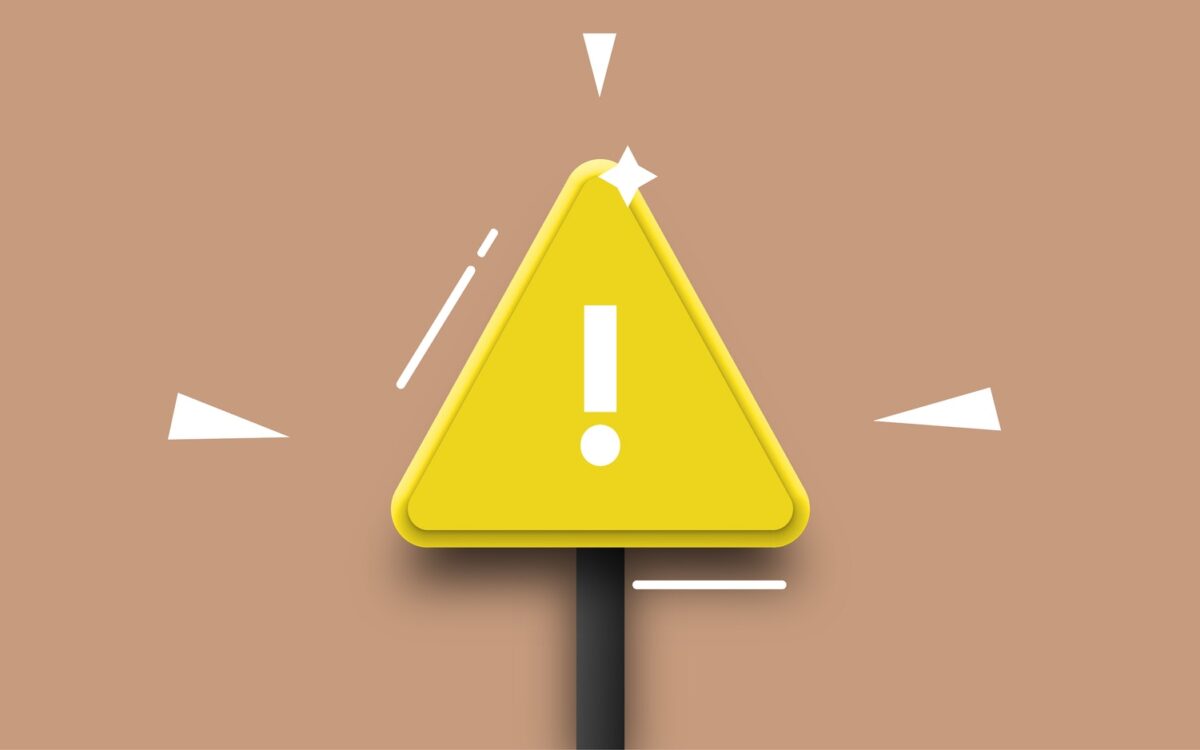Your cart is currently empty!
Cantonese Expression Words You Must Know

One of the most amazing elements in Cantonese has to be its expressions. In Cantonese conversations, we native speakers use a lot of these intonations to subtly express different implications such as persuasion, urgency, or even anger. Interestingly, even native speakers (including myself) can’t tell you what they mean. So don’t be afraid if you don’t exactly understand what they mean, remember, ask ask ask, and always ask to clarify if you don’t understand because it’s better to ask a question than second guess. Here’s the list of expression words with the best interpretation.
嚟㗎 lai4 gaa2
- To make a counterstatement
- To correct a false statement
“They are actually Americans”
keoi5 hai6 mei5 gwok3 jan4 lai4 gaa2
佢係美國人嚟㗎
啦 laa1
- To be persuasive
- To be defensive
“Please finish the food”
sik6 maai4 keoi5 laa1
食埋佢啦
“Please don’t mess around”
m4 hou2 waan2 laa1
唔好玩啦
喇 laa3
- To make an announcement
- To inform someone about something
“I have finished my meal”
ngo5 sik6 jyun4 faan6 laa3
我食完飯喇
喎 wo3
- When you realize something
- To make a counterstatement
“Right!”
hai6 wo3
係喎
㗎 gaa2
- To express a curiosity
- To get reassurance
- The question form of the possessive word
“What is your work timetable like?”
nei5 ge3 gung1 zok3 si4 gaan1 biu2 hai6 dim2 gaa2
你嘅工作時間表係點㗎?
“What is it like?”
hai6 dim2 gaa2
係點㗎?
嫁 gaa3
- To make your point clear
- To reiterate something
- The question form of the possessive word
“The piece of paper is not mine”
zoeng1 zi2 m4 hai6 ngo5 gaa3
張紙唔係我嫁
嘩 waa1
- To be surprised
- Wow
“Wow. Flowers look beautiful.”
waa1 di1 faa1 hou2 leng3
嘩 啲花好靚
哎吔 aai1 jaa1
- Ouch
- Oh no!
“Ouch. Very painful.”
aai1 jaa1 hou2 tung3
哎吔 好痛
Final thought
There are many more expressions in Cantonese and we will cover that in our course. You don’t need to master the expressions but you need to least know what is going on, is the person being in a hurry? Is the person angry? Read this article again to get a better understanding of the intonation of Cantonese and the expressions and words that come at the end of a sentence. Remember, language learning is a journey, and every new word or phrase you learn brings you one step closer to fluency. Now you’ve learned the Cantonese expressions and words that will help you connect to the language even more. Keep exploring and enjoying the beauty of Cantonese. Don’t forget to follow us on Instagram and check out our YouTube Channel for more learning resources.
Leave a Reply